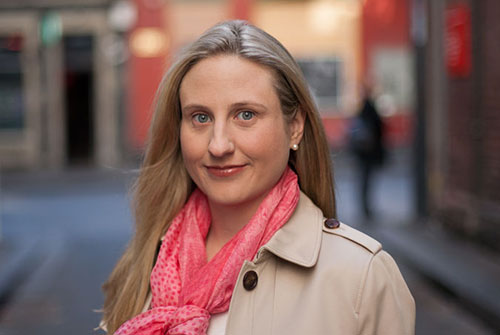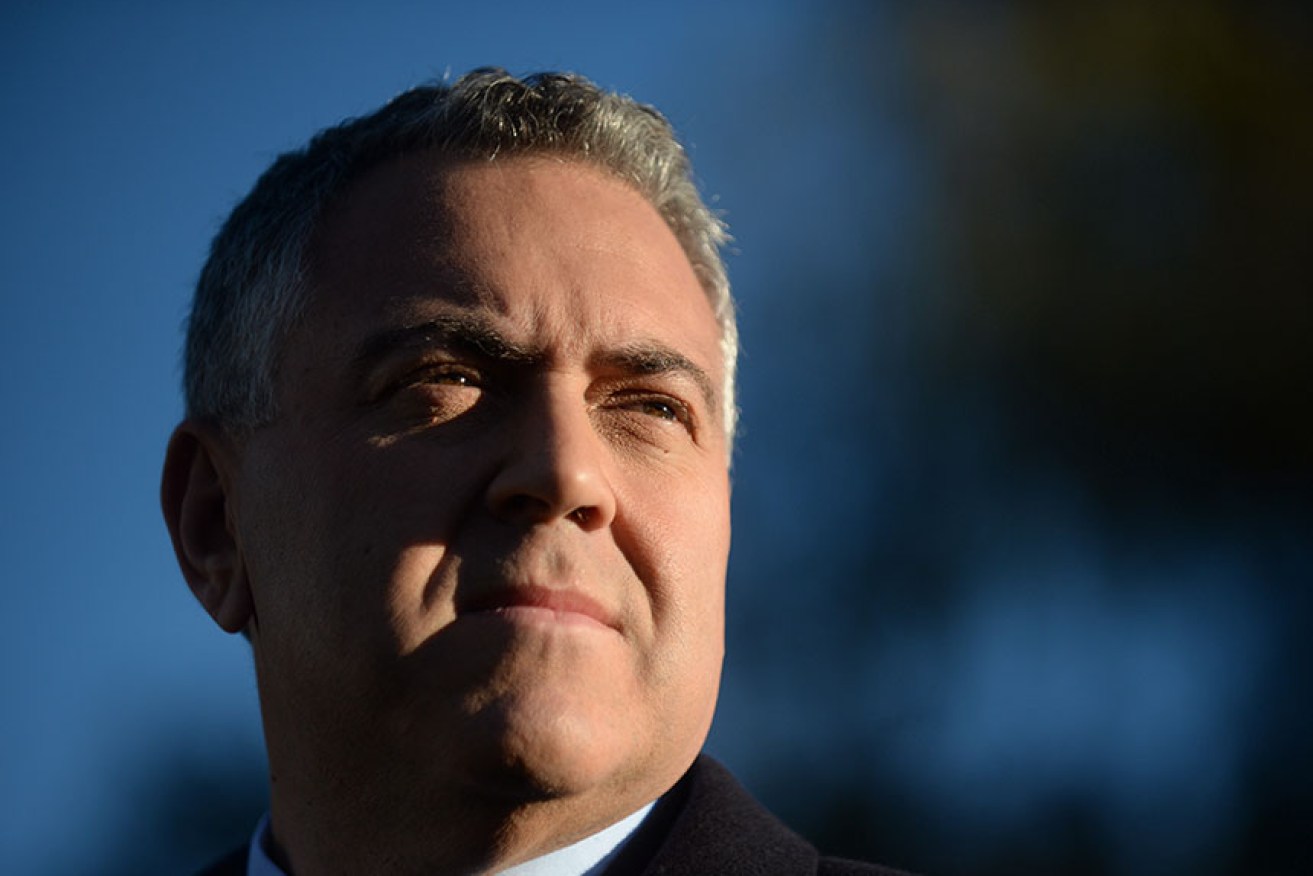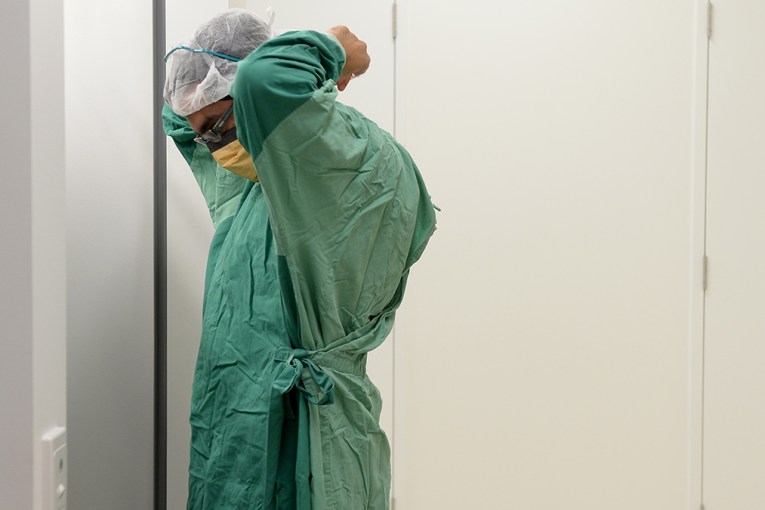Budget battlegrounds emerge


AAP
The commentariat have passed judgment, talkback radio has bristled with indignation and the Twitterati have just about self-destructed in a puff of feathers.
But as the white noise subsides following Tony Abbott’s self-proclaimed “watershed” federal budget, the real battlegrounds among the Coalition’s swingeing spending cuts are starting to come into focus.
Labor leader Bill Shorten has flagged health, education, fuel and pensions as the main bones of contention for the Opposition.
“It’s a bad news budget: It breaks promises, it breaks trust and I just wish they had been straight with families before the election,” he was quoted as saying on smh.com.au.
“We oppose, specifically, the increase in petrol tax, changes to the pension.
“We are not interested in supporting them gutting Medicare and cuts to education are simply unacceptable.
“Australia doesn’t have the budget crisis to warrant these cuts. We will oppose these measures and we will fight to the end to preserve Medicare.”
Prime Minister Tony Abbott, however, has indicated that he’ll do whatever it takes to push his key reforms through Senate.
“We’re happy to talk respectfully to the independents and minor parties in the Senate … obviously, a certain amount of horsetrading is something that you just accept as part of the business,” he told radio station 2GB.
“What we won’t accept, though, is an attempt to completely frustrate the business of government.
“I don’t believe that they will try to completely frustrate the business of government, because if there was an election again, hardly any of them would win their seats.”
In addition to the inevitable political wrangling in Canberra, state governments are also less than pleased that the Abbott government is shifting the burden of funding for schools and the hospitals to them, without increasing the GST to provide them with a helping hand.
NSW Premier Mike Baird said that Treasurer Joe Hockey had passed his spending problem on to the states in order to save the Commonwealth $80 billion over the next decade.
” … We haven’t got the financial capacity to meet the challenge being provided by the Commonwealth,” he told ABC radio.
In a series of interviews to sell the federal government “tough love” reforms, Treasurer Hockey said the commonwealth would sit down with the states to work through the details, but ruled out the possibility of raising the 10 per cent rate for the GST without taking the issue to an election.
If the states wanted an increase to the GST, then it was “up to them to argue the case to change the GST”, he told ABC radio.
Budget battlegrounds 2014-15: What the experts say
• AMP chief economist Shane Oliver:
“Most of the community debate will be on government support cutbacks – the $7 for a doctor visit, the wind back of Family Tax Benefit B, the indexation of the pension to inflation as opposed to wages, the increase of the retirement age, those sorts of things, which I guess you can bundle together under the banner of what Joe Hockey referred to as shifting from the age of entitlement to the age of responsibility. In a broader sense, they are probably the biggest issues in the budget.”
• NAB chief economist Alan Oster:
“The areas that people are going to immediately talk about are the increase in the high-income levy. That’s number one. Number two: I’m sure there will be a hell of a lot of politics about stiffening up the eligibility criteria for Family Benefits Tax and also for the unemployed. There will be one hell of an outcry about petrol. Even if you are going to put it all to roads, they are not going to like that. And there is also going to be one hell of an outcry about paying for the doctor.”
• CommSec economist Savanth Sebastian:
“Probably Medicare, the $7 co-payments. I think that’s probably going to be the most contentious area. Certainly, the government has probably sold it a little bit better than what we had heard pre-budget, especially given that there’s talk of all that money going to create a medical research fund over the next few years that’s going to be the largest in the world. I think what they’ll probably push is the fact that pensioners and children will not have to pay the $7 levy until after 10 visits. While there may be some push back on lifting the pensioners age to 70, it may be that that gets through. We do have an ageing population and I think whichever government was in power, it’s very likely that the working age was going to lift to try and ensure that the government can continue to pay entitlements in terms of the pension.”
With Jackson Stiles
[polldaddy poll=8042650]








